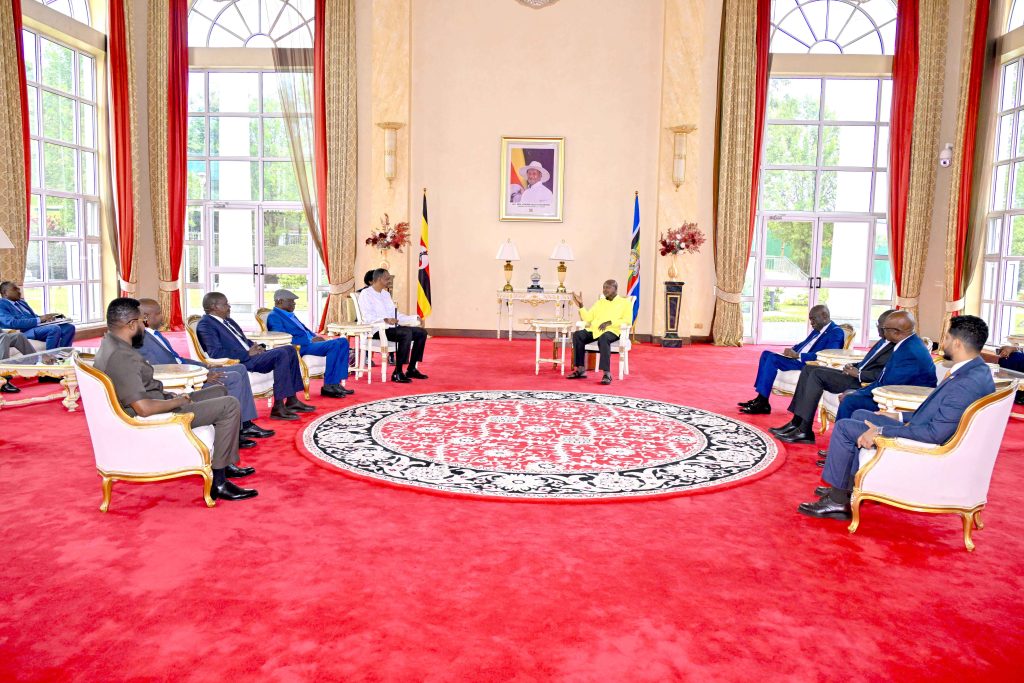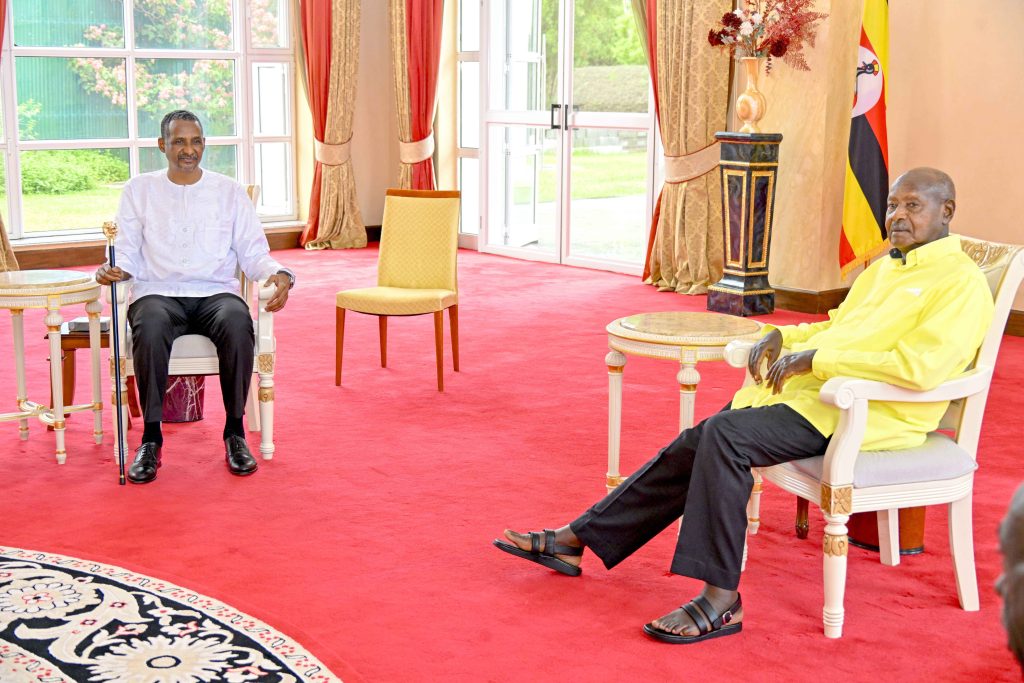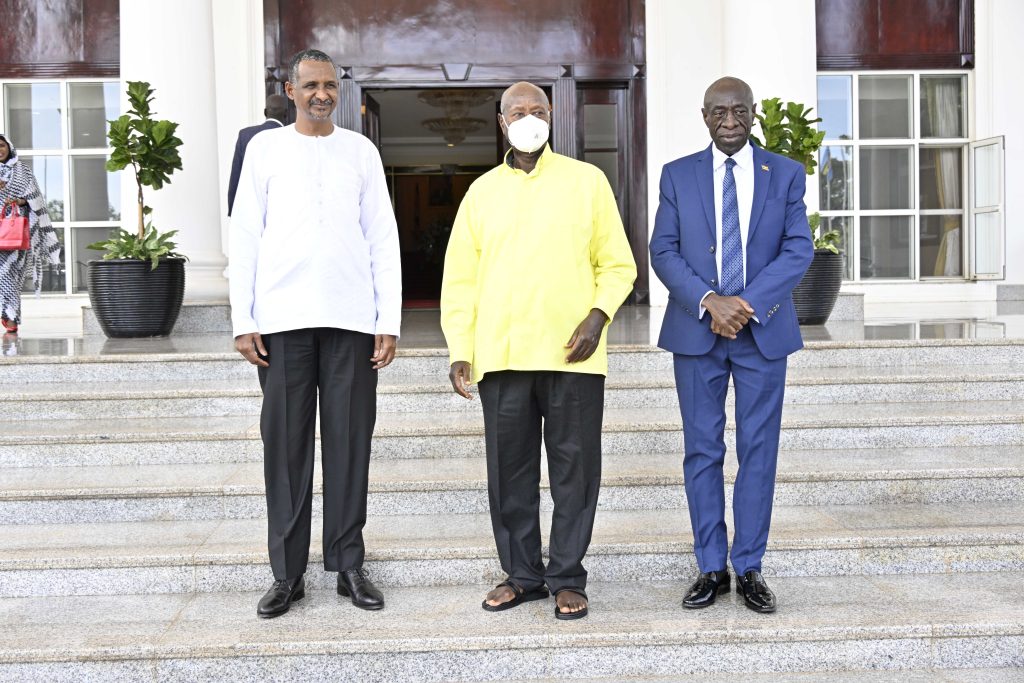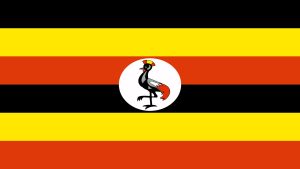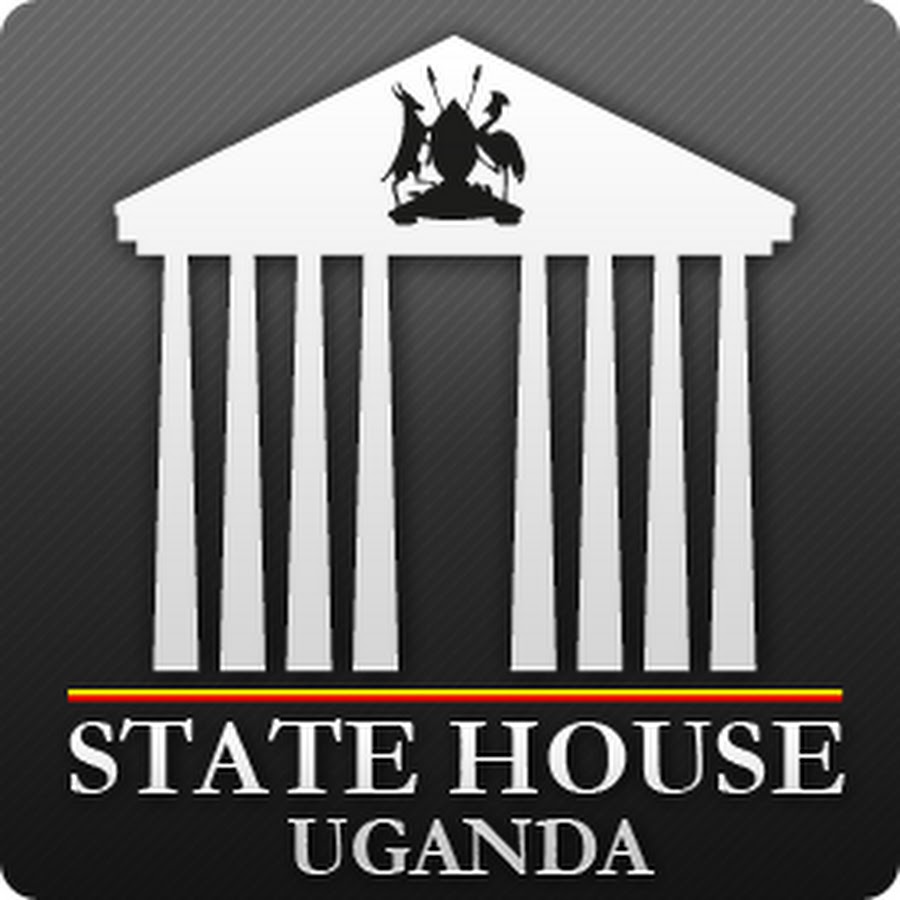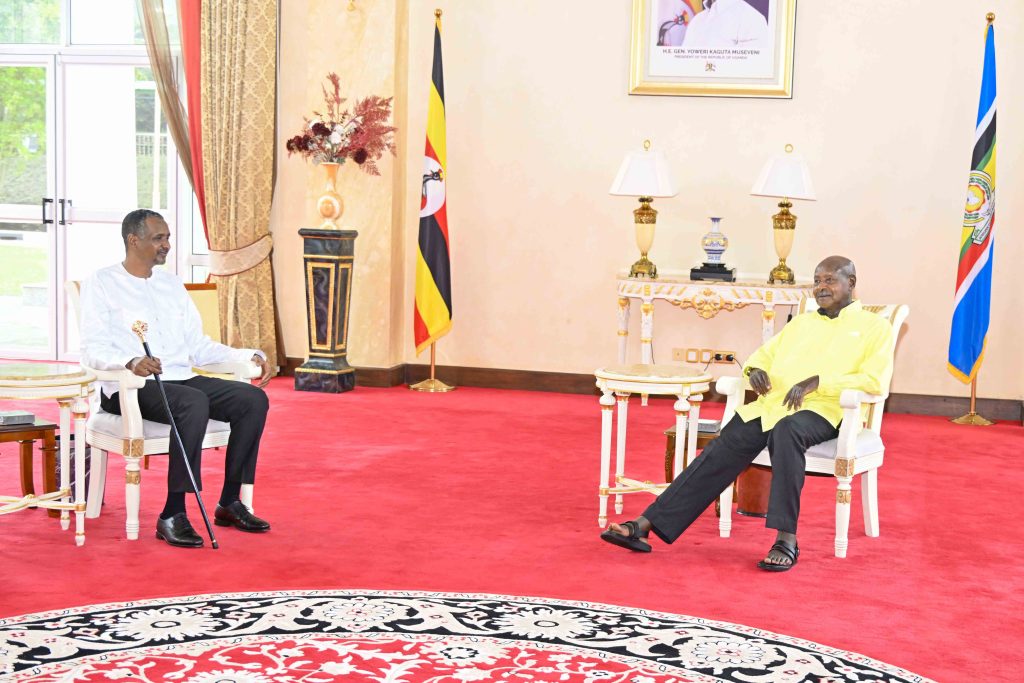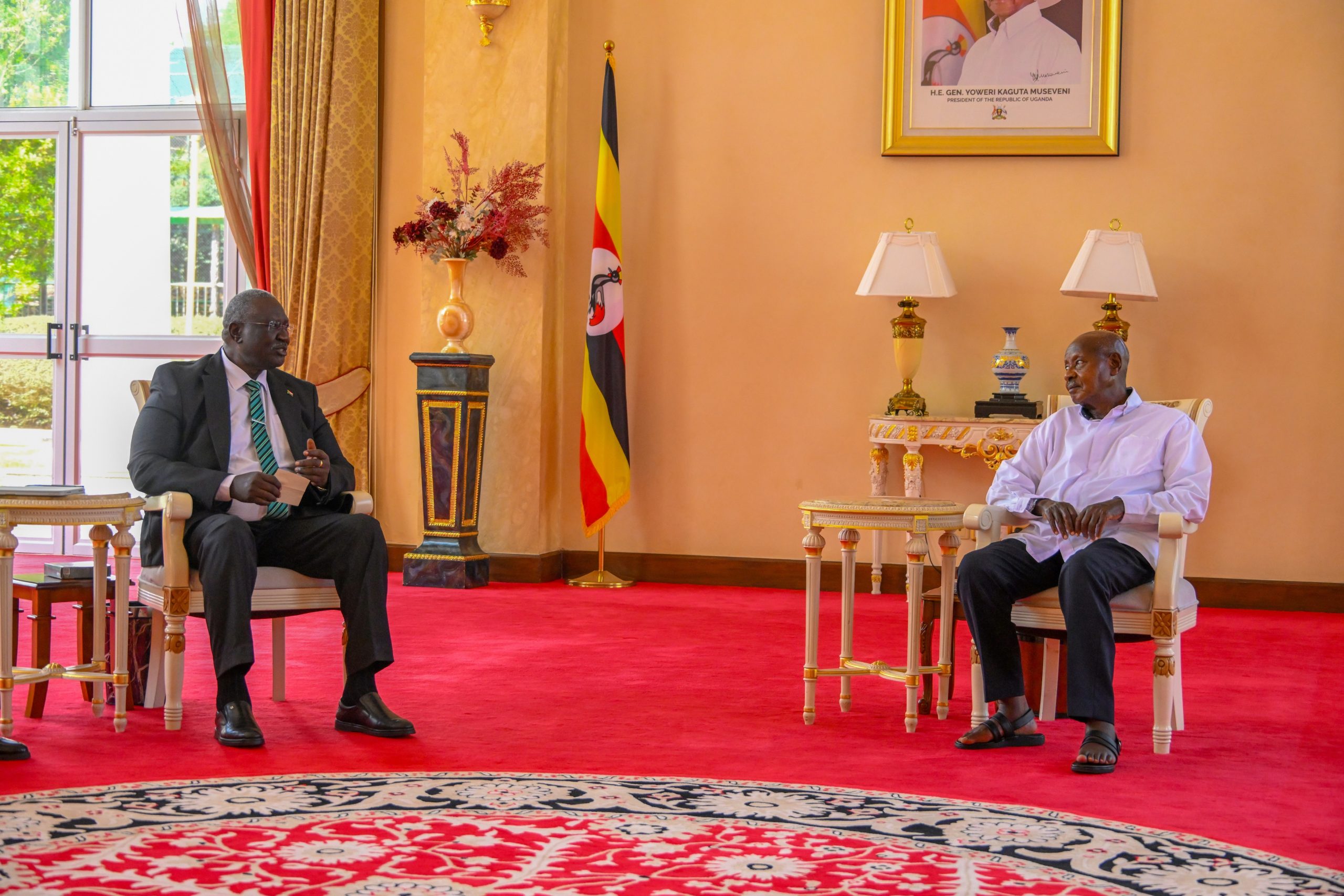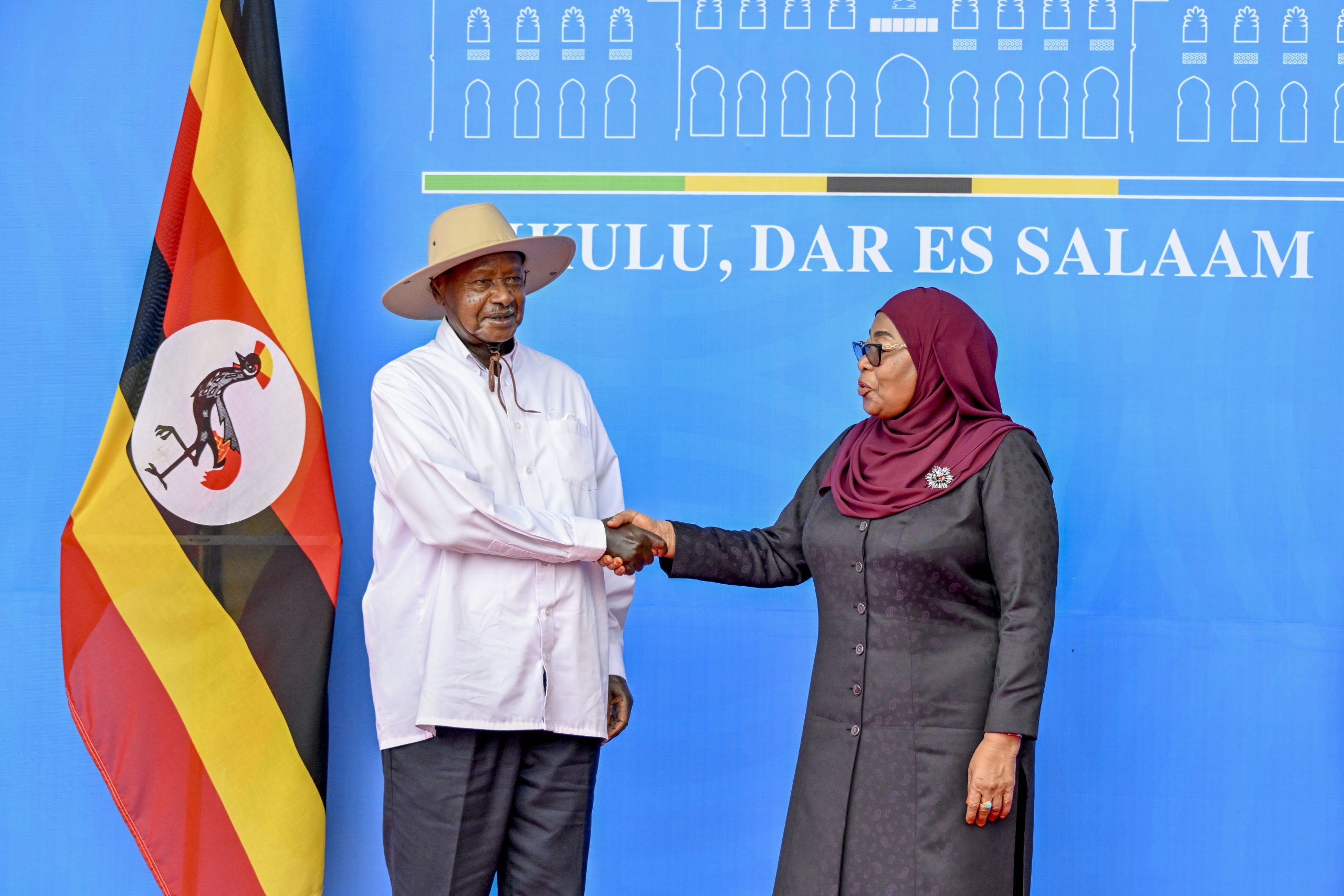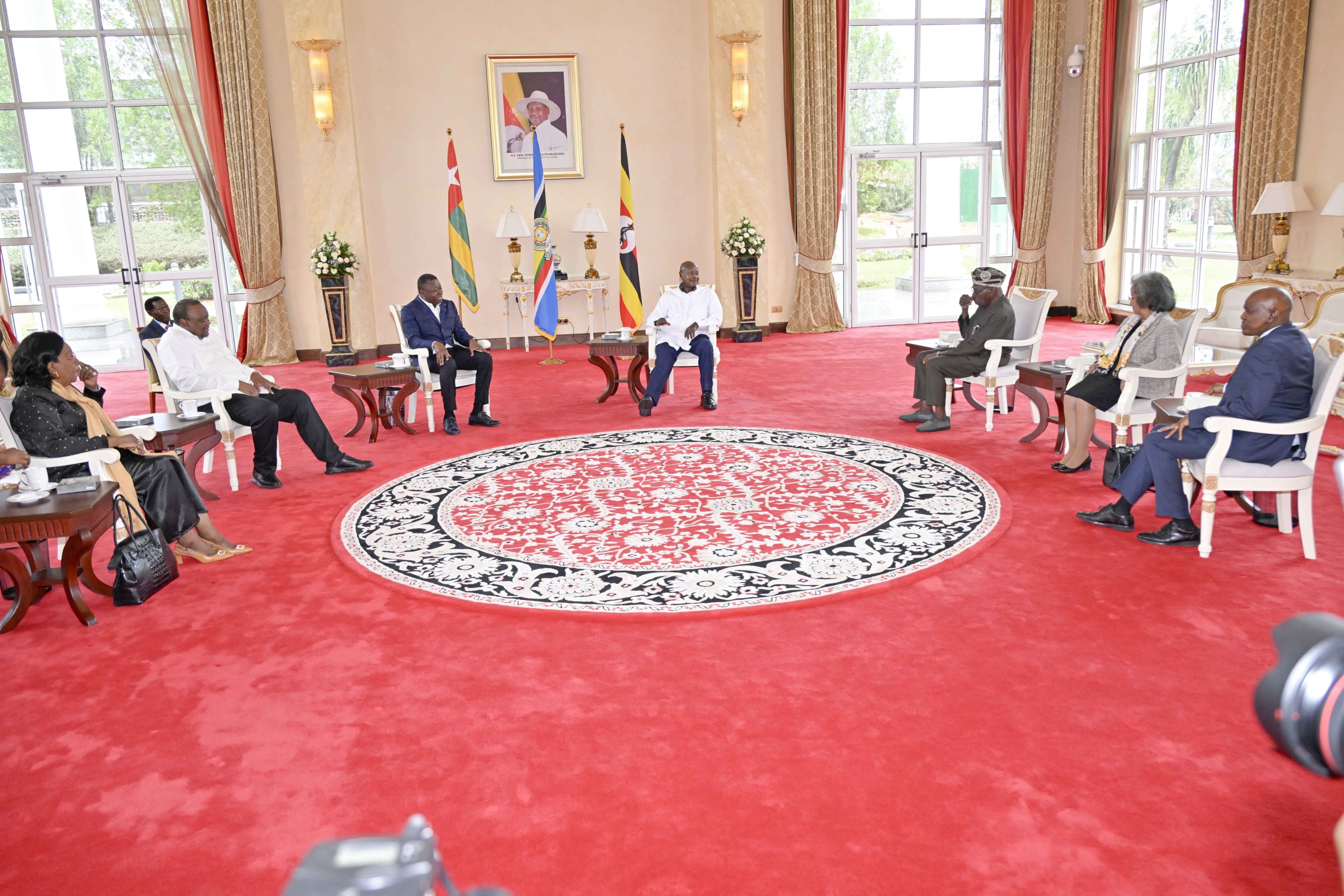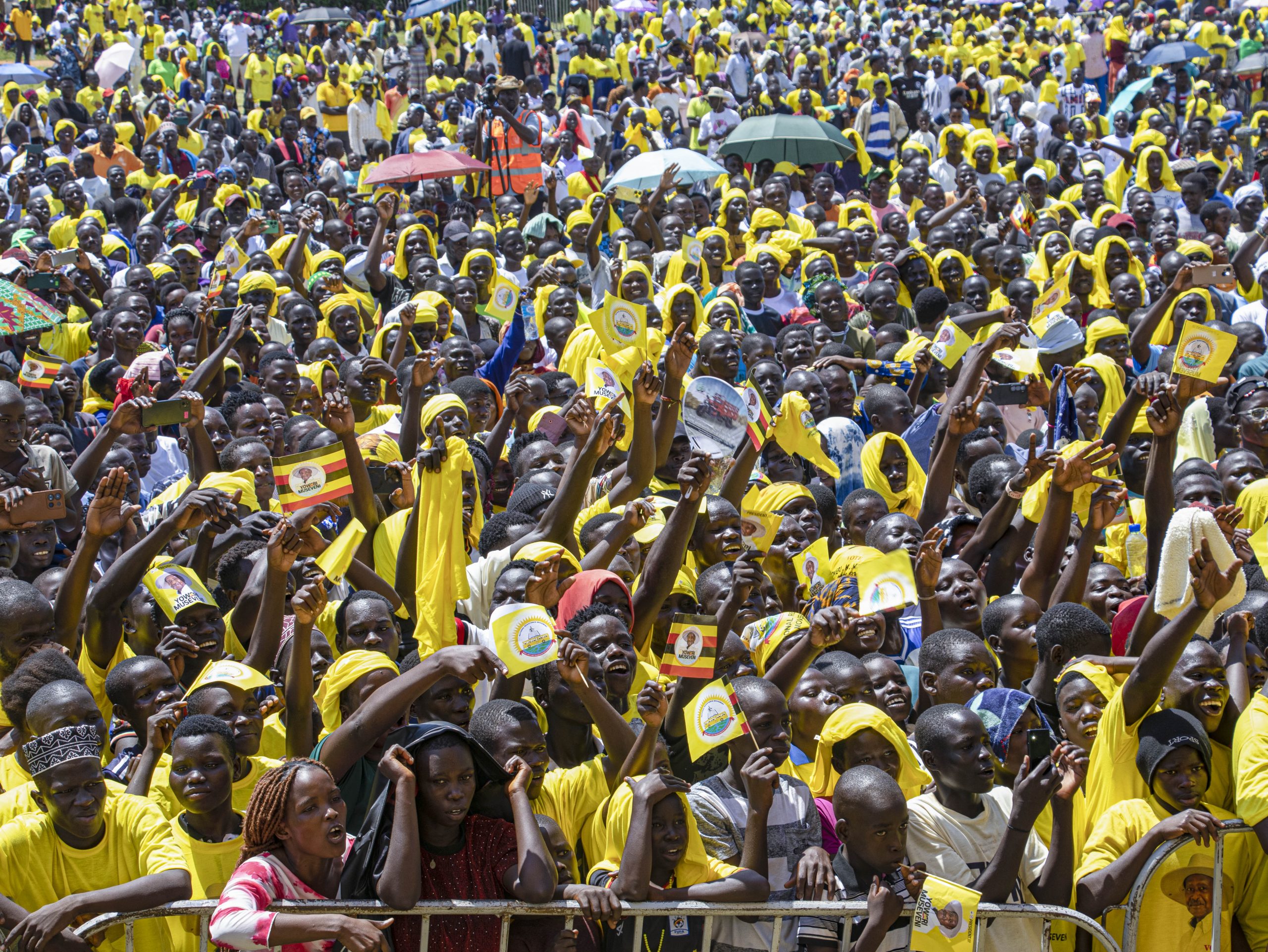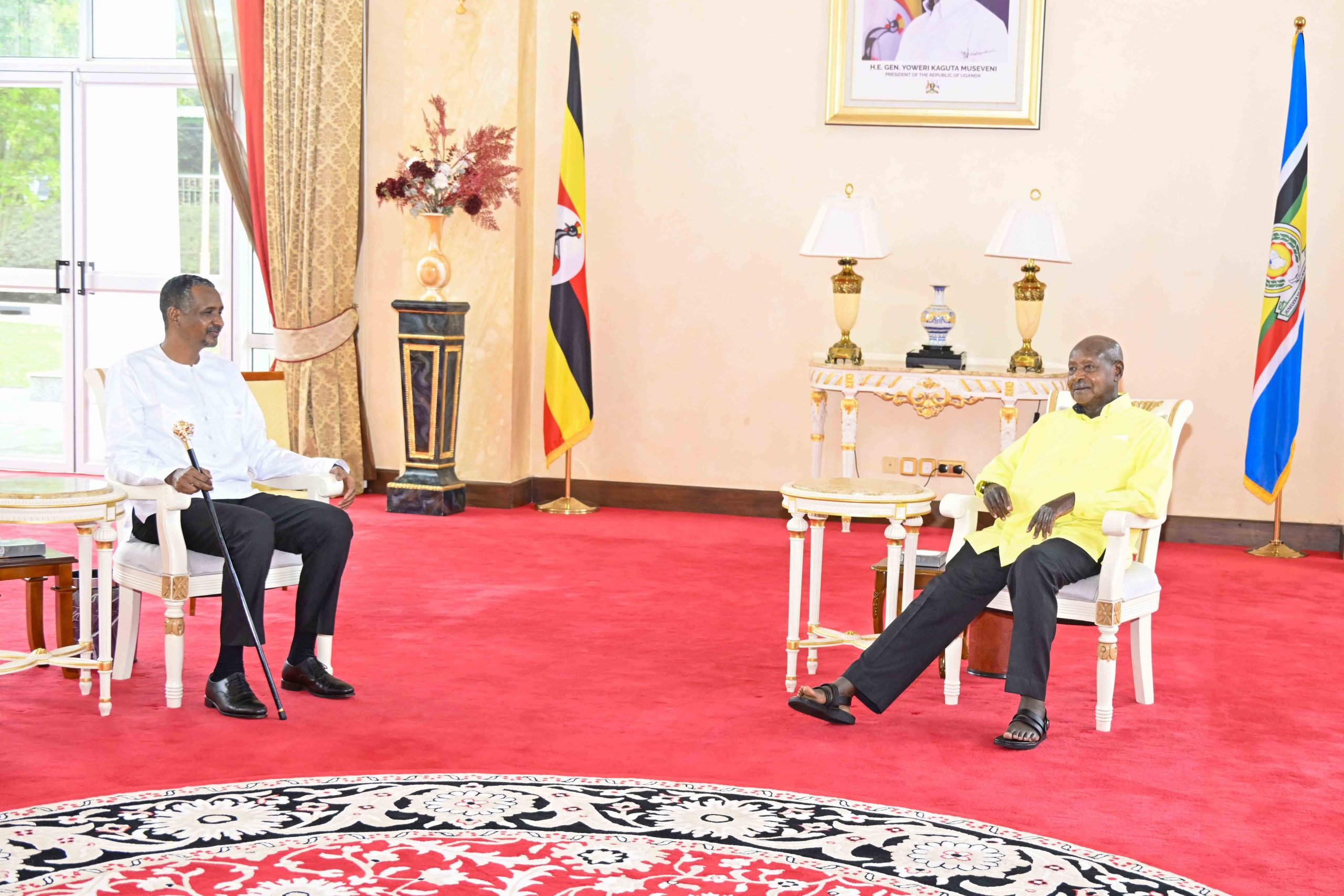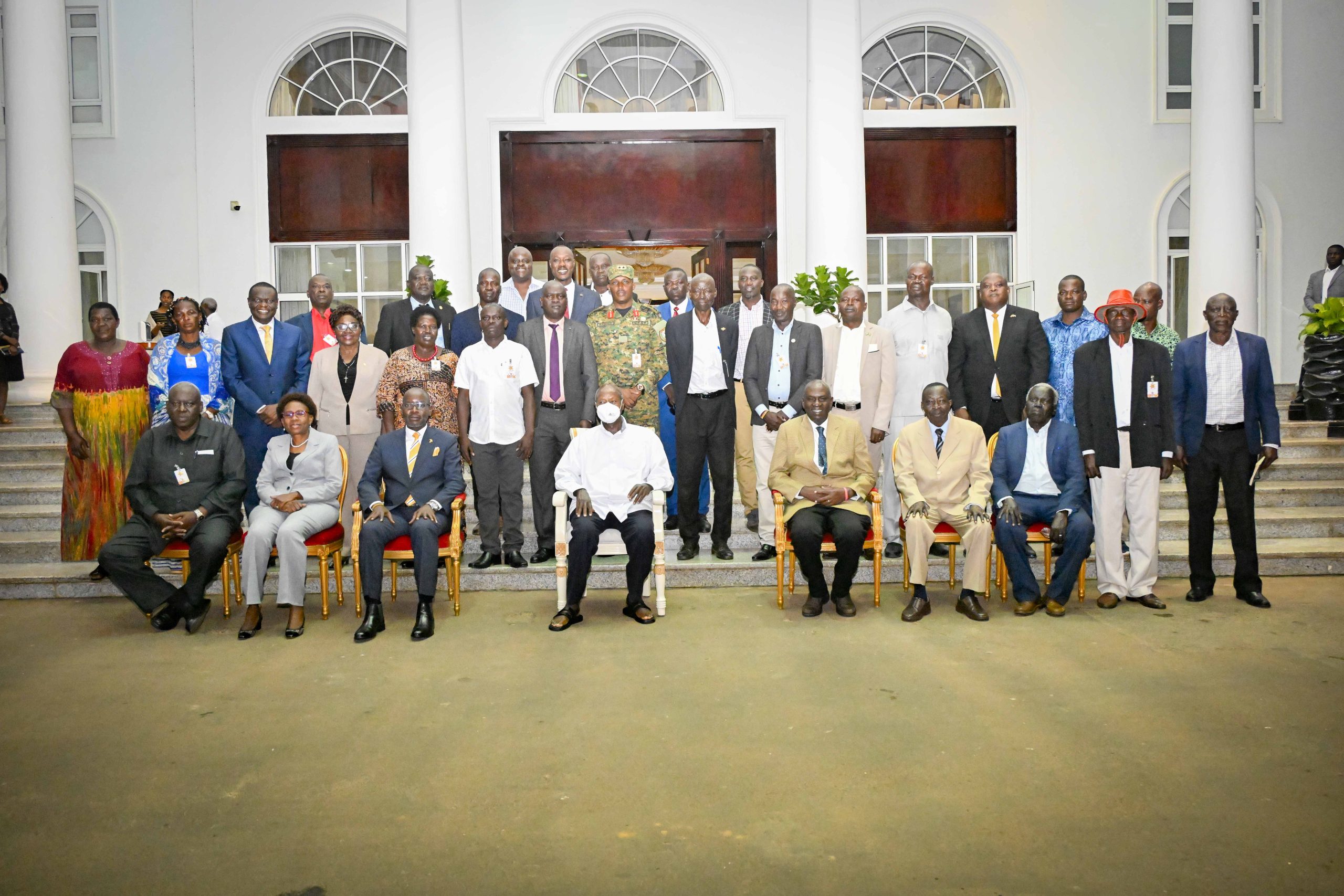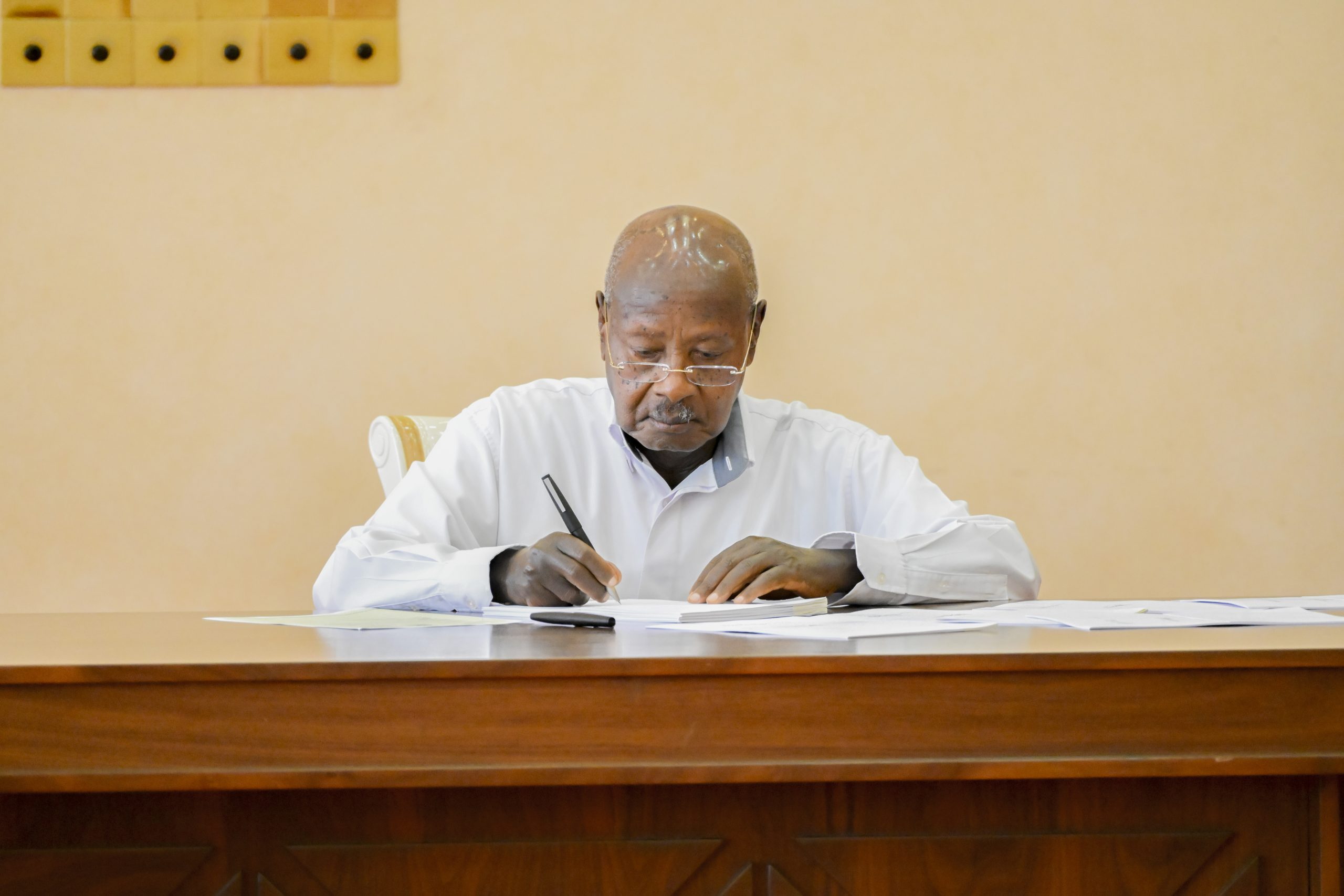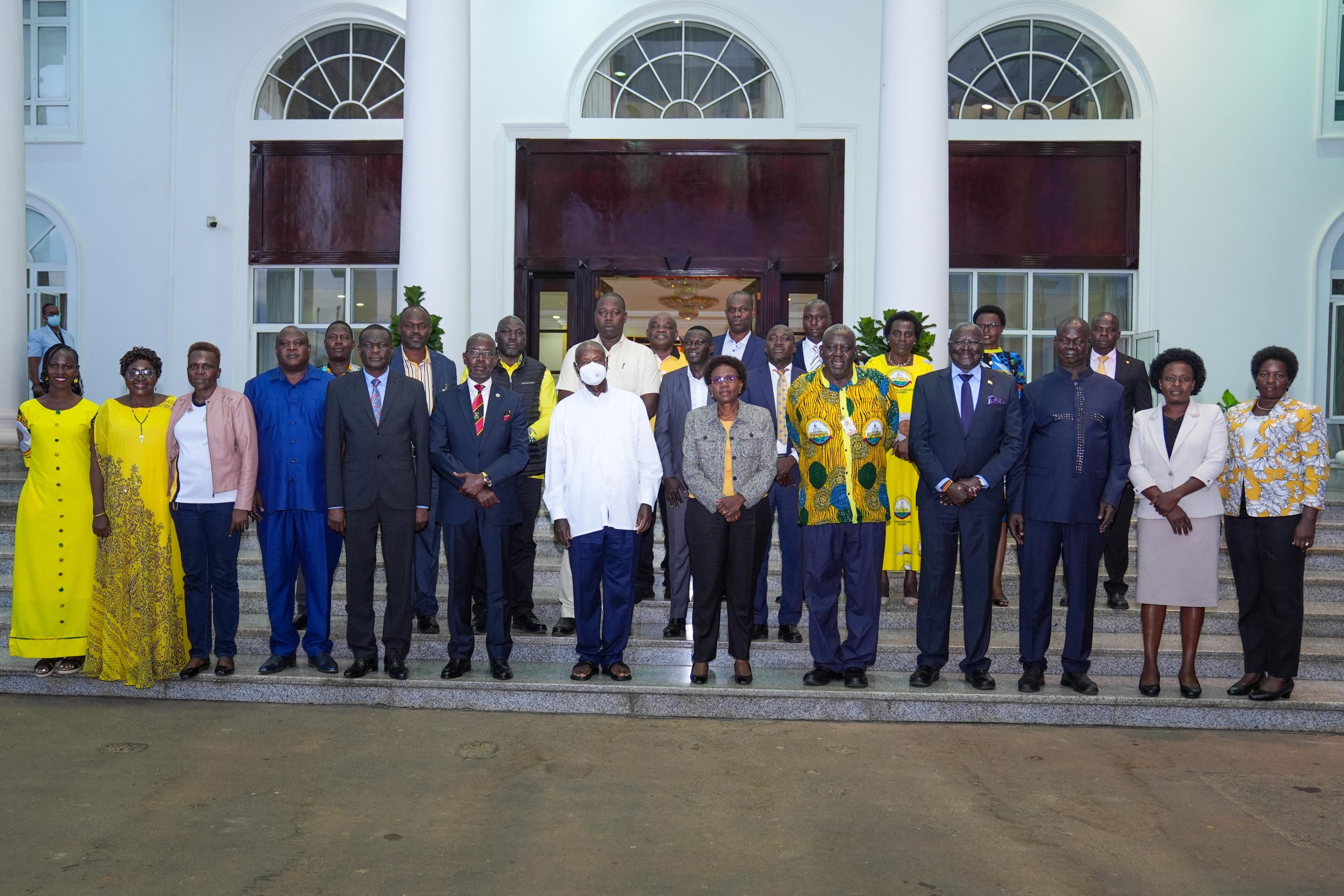President Yoweri Kaguta Museveni has today met with Gen. Mohamed Hamdan Dagalo, the leader of the Rapid Support Forces (RSF) in Sudan at State House, Entebbe.
The high-level engagement focused on ending the ongoing conflict in Sudan and restoring regional stability.
The meeting comes at a time when Sudan continues to face a devastating war that erupted in April 2023 between the Sudan Armed Forces led by Gen. Abdel Fattah al-Burhan and the RSF.
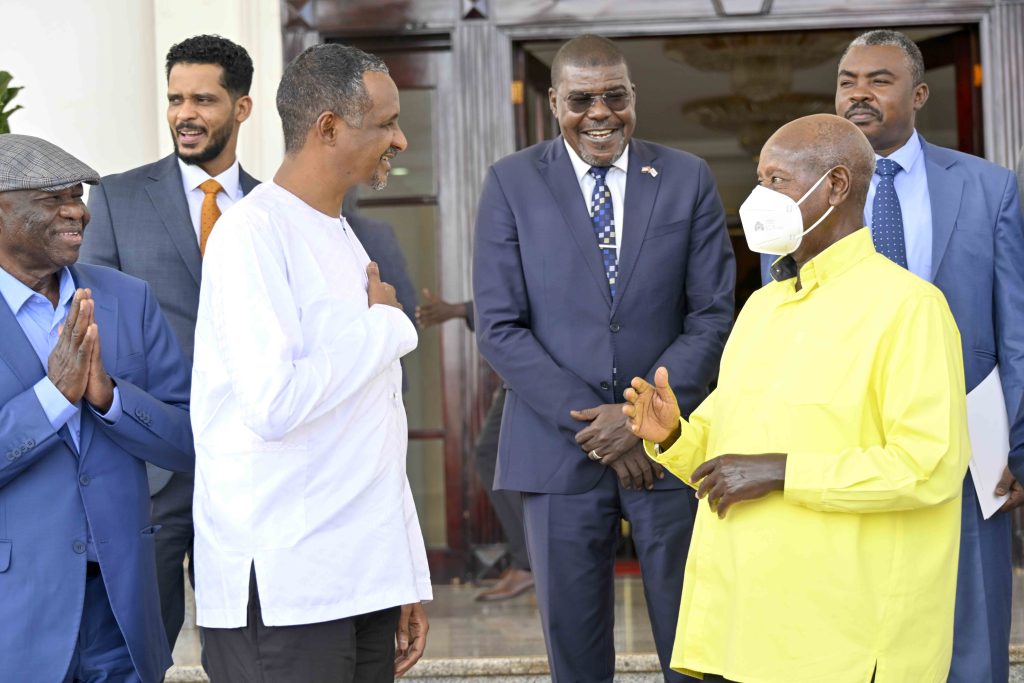
The fighting, which began in Khartoum, quickly spread to other parts of the country, displacing millions of civilians, crippling essential services, and triggering one of the world’s worst humanitarian crises.
In his remarks, President Museveni reiterated his long-standing position that sustainable peace in Sudan can only be achieved through dialogue and a shift away from divisive politics.
He warned against what he described as the politics of identity, saying such an approach only deepens divisions.
“When I last came to Sudan, I met President Bashir and advised against the politics of identity instead of the politics of interest,” President Museveni said.
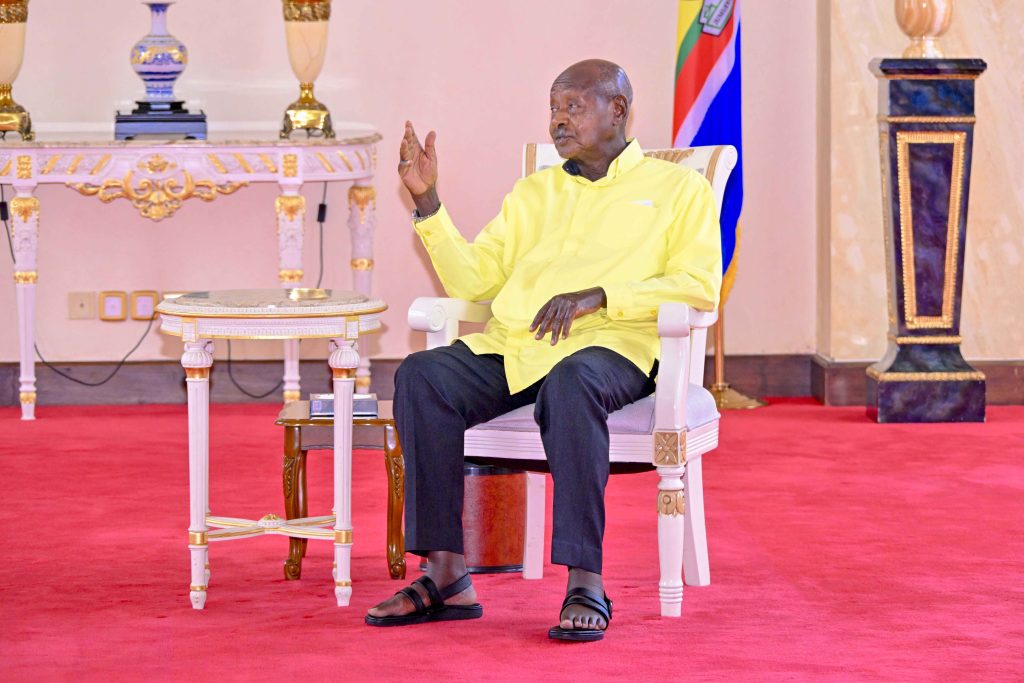
“Identity politics is poisonous. It does not yield good results. What is important are shared interests that unite people.”
The President called for negotiations and emphasized the need for African-led solutions to African problems, urging all parties to prioritize peace over military confrontation.
On his part, Gen. Dagalo thanked President Museveni for his hospitality and leadership, describing him as a respected statesman on the continent.
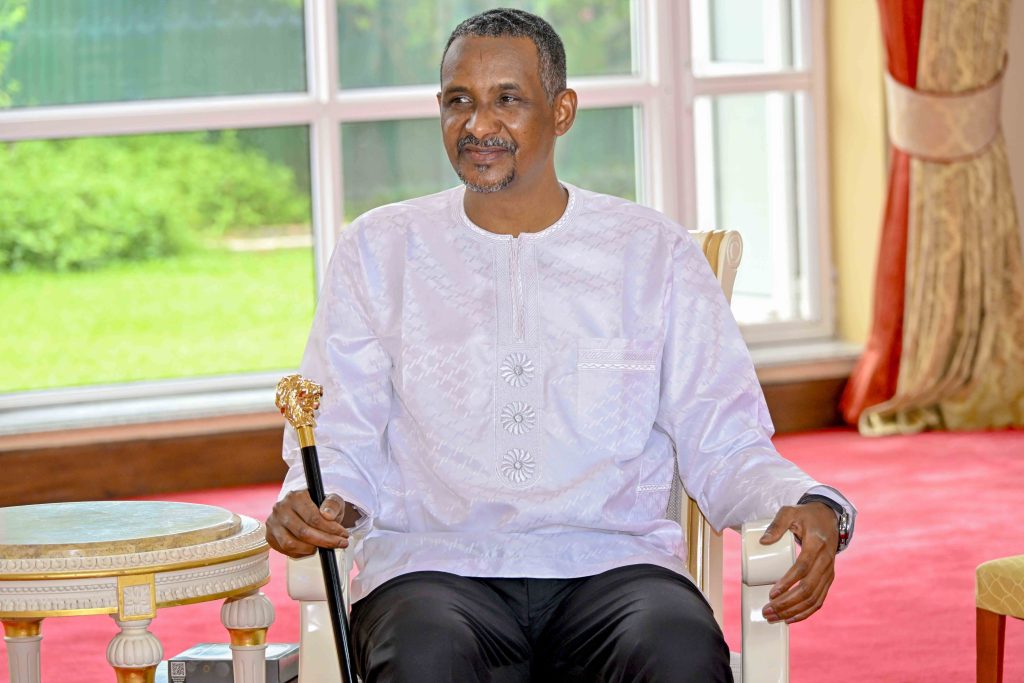
“Your victory is not only a gain for Ugandans but for the whole continent,” We look at you as a wise man of Africa. We truly believe in your principles and your commitment to peace,” he said.
He noted that Sudan continues to face serious humanitarian and institutional challenges as a result of the conflict and stressed the need for a peaceful resolution.
Gen. Dagalo also expressed interest in strengthening cooperation with Uganda and the wider region, particularly in areas of trade, education and regional integration.
